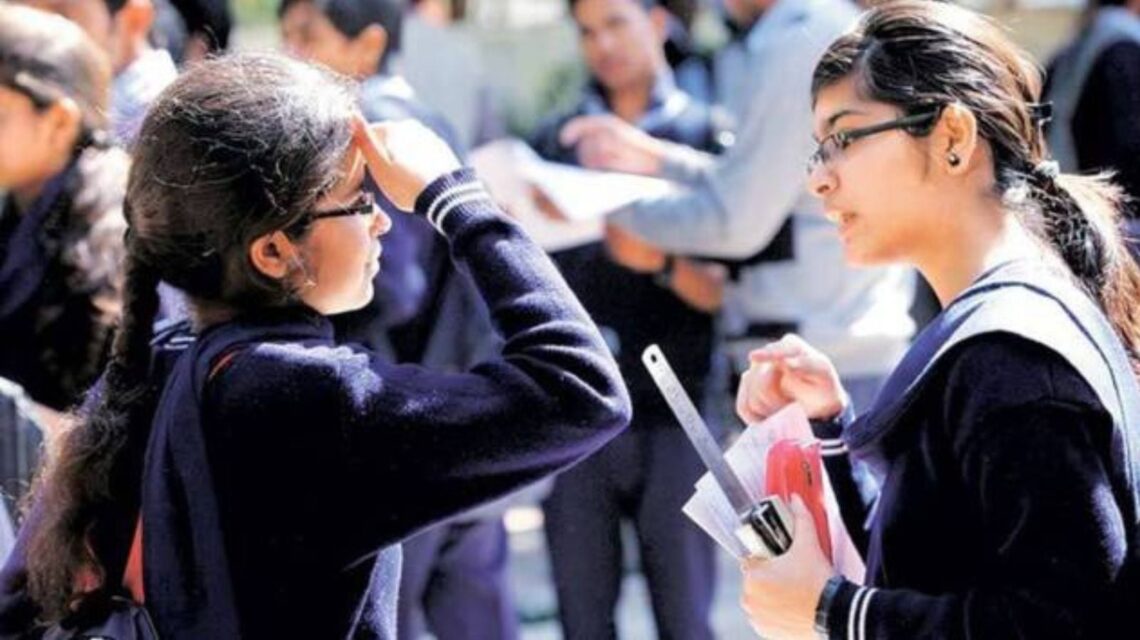Decline in School Enrolment: A Concerning Trend
The number of students enrolled in schools has dropped for the third consecutive year, with a total of 24.69 crore students in 2024-25, down from 25.18 crore in 2022-23. This decline is a cause for concern, as it indicates a trend that may have long-term implications for the country’s education system. The government school enrolment has steadily declined over the past three years, dropping from 13.62 crore in 2022-23 to 12.16 crore in 2024-25, while private school enrolment has seen a rise, increasing from 8.42 crore in 2022-23 to 9.59 crore in 2024-25. This disparity suggests that the government’s efforts to improve education in government schools may not be having the desired impact.
The Education Ministry’s UDISE+ data shows that the drop in enrolment is led by government and government-aided schools, while private schools have seen an increase in enrolment over the past three years. This could be due to various factors, including the quality of education offered by private schools, which may be more attractive to parents. The decline in primary school enrolment is attributed to demographic shifts and falling birth rates, according to a senior official in the Education Ministry. This suggests that the decline in enrolment is not just a result of poor governance or lack of funding, but also due to broader societal factors.
Enrolment among boys has fallen in 2024-25, with 12.76 crore students compared to 12.87 crore in 2023-24, while the figure has risen marginally among girls, from 11,93,01,237 in 2023-24 to 11,93,34,162 in 2024-25. This could be due to various factors, including changes in societal attitudes towards education and the role of women in society. The Gross Enrolment Ratio (GER) shows that GER at the foundational stage has remained nearly the same in 2024-25, while GER at other levels has increased compared to 2023-24. This suggests that while there may be some improvements in the quality of education at higher levels, there is still work to be done to improve the foundational level of education.
Despite the decline in overall enrolment, the Education Ministry remains optimistic about the future of education in India. The ministry has announced plans to increase funding for schools and improve infrastructure to attract more students. However, experts warn that the decline in enrolment is a serious concern that needs to be addressed urgently. The government needs to take concrete steps to improve the quality of education and make it more accessible to all sections of society. This can be achieved by increasing funding for schools, improving infrastructure, and implementing policies that promote education and make it more accessible to all sections of society.
The decline in school enrolment also raises questions about the future of India’s human capital. With fewer students enrolling in schools, the country’s ability to produce skilled workers and compete in the global economy may be compromised. Therefore, it is essential that the government takes immediate action to address the decline in school enrolment. Ultimately, the decline in school enrolment is a wake-up call for the government and citizens alike. It highlights the need for collective action to improve the quality of education and ensure that every child has access to quality education, regardless of their background or socio-economic status.
To address this issue, the government needs to take a multi-faceted approach. This can include increasing funding for schools, improving infrastructure, and implementing policies that promote education. The government also needs to work with parents, teachers, and other stakeholders to improve the quality of education and make it more accessible to all sections of society. Additionally, the government needs to address the root causes of the decline in enrolment, including demographic shifts and falling birth rates. By taking concrete steps to address these issues, the government can help ensure that every child has access to quality education and that India’s human capital is developed to meet the country’s economic and social needs.
The decline in school enrolment also raises questions about the impact on the country’s economic development. With fewer students enrolling in schools, the country’s ability to produce skilled workers and compete in the global economy may be compromised. This could have long-term implications for India’s economic growth and development. Therefore, it is essential that the government takes immediate action to address the decline in school enrolment and ensure that every child has access to quality education.
In conclusion, the decline in school enrolment is a serious concern that needs to be addressed urgently. The government needs to take concrete steps to improve the quality of education and make it more accessible to all sections of society. This can be achieved by increasing funding for schools, improving infrastructure, and implementing policies that promote education. By taking collective action, we can help ensure that every child has access to quality education and that India’s human capital is developed to meet the country’s economic and social needs.
Stay connected with Indian Press Union for more updates.
This report has been curated and published by the Indian Press Union.


 US appeals court rules most of Trump’s tariffs illegal, Modi completes Japan visit.
US appeals court rules most of Trump’s tariffs illegal, Modi completes Japan visit.  Sensex, Nifty plunge as 50% US tariff take effect, govt extends import duty exemption on cotton
Sensex, Nifty plunge as 50% US tariff take effect, govt extends import duty exemption on cotton